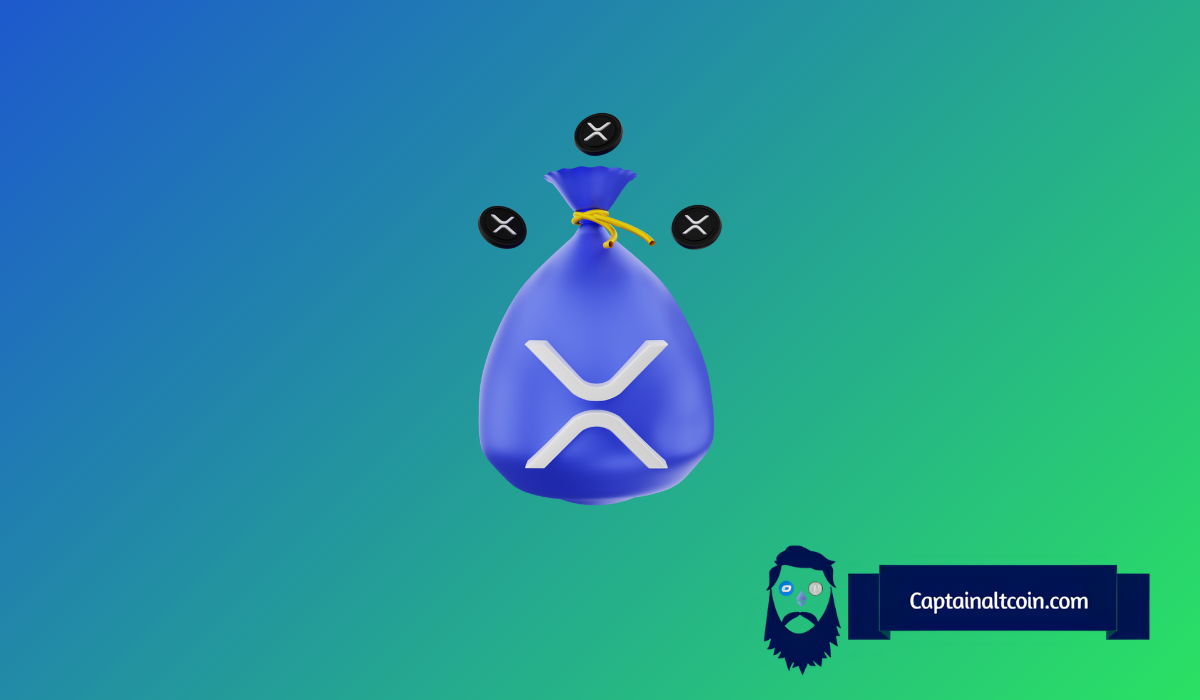
Vincent Van Code has taken aim at one of the longest-running debates in the XRP community: Ripple vs. SWIFT. In a detailed thread, he argued that most people misunderstand what SWIFT actually is, and why comparing it directly to Ripple often misses the point.
According to him, SWIFT is not a payment system. It doesn’t move money. Instead, it’s a secure messaging network that tells banks how to settle transactions using their own correspondent banking relationships. That means the real bottlenecks are not in the software itself, but in the way nostro and vostro accounts are managed across multiple institutions.
To explain, he gave a simple example. If a customer in Japan wants to send $100 to someone in Australia, the process could take two to three days. The funds pass through multiple intermediaries like Citibank and Bank of America before finally reaching the customer’s account. Along the way, there are FX conversions, compliance checks, and batch processing delays.
With all the noise lately around SWIFT vs XRP (which is such a dumb comparison), I will weigh in on what SWIFT really is, and I will comment on how Ripple will (eventually replace or augment it). And yes nothing Bout XRP, mooning or switch flipping…. But if you are after some…
— Vincent Van Code (@vincent_vancode) September 5, 2025
Ripple’s system, by comparison, cuts out the middlemen. The sender converts yen into XRP instantly, moves it across the XRP Ledger in seconds, and then converts into Australian dollars at the other end. The receiving bank can then credit the account almost immediately. The whole process could take less than 10 seconds.
Of course, Van Code admitted that this is a simplified version. The real challenge is not the technology itself but building a compliant framework so that global banks and regulators can actually adopt it. Still, the potential benefits are clear: faster settlements, cheaper costs, and no need for the huge capital lockups that come with nostro/vostro accounts.
He compared Ripple’s mission to other world-changing technologies. Building reusable rockets, developing quantum computers, and rolling out self-driving cars all seemed impossible at first. In his words, “Ripple changing how we use money internationally IS HARD. We in it for a long time, not good time.”
Community members quickly joined the conversation. One user said they had been using SWIFT for decades and confirmed that even small transfers can take days, especially if sent before weekends or holidays. Van Code responded that while SWIFT has improved slightly, its outdated design still makes it painful for banks and end-users alike.
Opinion
Van Code’s thread is refreshing because it strips away the hype. Too often, XRP discussions get bogged down in moon predictions and “switch flipping” theories. His explanation makes clear that Ripple isn’t simply competing with SWIFT – it’s actually trying to rebuild the rails of international finance from the ground up. That’s not something that happens overnight. But if Ripple manages to pull it off, it could be as disruptive as SpaceX in rockets or Tesla in cars.
For now, SWIFT still dominates. But as more banks explore alternatives and regulatory frameworks evolve, Van Code may be right – Ripple doesn’t just want to compete with SWIFT, it wants to eventually replace or at least augment it.
Read also: The Critical XRP Ledger Upgrade That Could Fuel the Next Price Explosion
Subscribe to our YouTube channel for daily crypto updates, market insights, and expert analysis.






